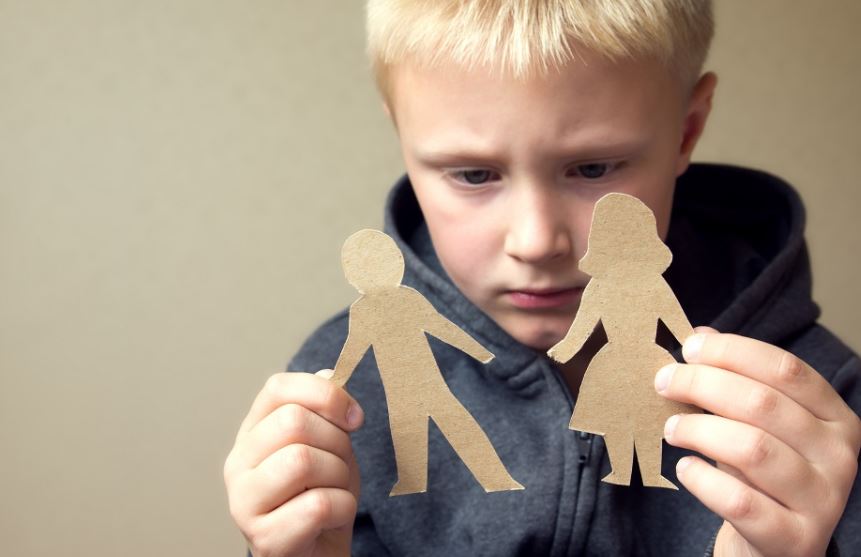When your criminal record and your custody case clash
You’ve cleaned up your life, but your partner hasn’t – that’s a common scenario in child custody cases. While the two of you may not have exactly been Bonnie and Clyde, you could have gotten up to a fair amount of shenanigans before the kids came along. Now you’ve recognized they are by far the most important thing in life and have straightened out as a result, but your home life is not what it should be, and you decide to go to the courts for custody. Surprise! Your old criminal record can hold you back…especially if your spouse doesn’t have one as well.
The threat of withheld visitation, custody or access has been held over many a spouse because of a past criminal record. Often, just the fear of having to face up to their past in court is enough to make a spouse give up pressing their custodial rights; after all, why go through all that, only to see full custody handed to your partner who’s never been in trouble with the law? But are those fears unfounded, or do the courts really hold an old criminal record against you when you’re fighting for your right to see or take care of your children?
Child custody cases are ultimately decided at the discretion of the courts
You might have heard the phrase ‘best interests of the child’ used to discuss custody matters, and if you think the term is very subjective, you’re right. One person’s ‘bad character’ is another person’s fully rehabilitated parent fighting for his or her parental rights.
Of course, a judge isn’t going to completely discount the years you have been free from trouble with the law, nor the good works you may have done and the steps you have taken to prove that your life has changed since you got a criminal record. However, they will definitely review your prior history and look at things like:
- Number of offenses
- Type or nature of offenses: multiple offenses suggest you cannot follow the law
- How long ago was your last conviction
- Disposition of the charges (i.e. was the charge overturned on appeal? Conditional discharge? etc)
- Length of prison sentence if applicable: courts wonder what will happen to children during long sentences should you re-offend
Of course, if you are in a child custody dispute, the judge will pay special attention to who any prior victim(s) were. If your conviction involves your own children, their other parent, other children, or domestic violence of any kind, your custody and visitation rights will very likely be limited for the protection of your children. If your criminal history is more serious, involving such charges as sex abuse, your parental rights could easily be terminated altogether.
While this can seem sensible in the case of serious offenders who might harm their children, the unfortunate thing about Canadian courts is that they sometimes take an equally harsh view towards much lesser charges, such as crimes involving drugs and alcohol. An old drug possession charge, for example, can permit the courts to assume you will be an irresponsible, even dangerous parent, and therefore should only be allowed supervised visits. You may also be subjected to regular drug tests to prove you aren’t still using illicit substances.
Worried about custody? Get a pardon.
A record suspension, wherein your criminal record is sealed, can effectively erase your criminal past in the eyes of custody court and give you a much deserved chance at parenting your children. Don’t let fear of embarrassment or failure stop you from exercising your parental rights; call Dominion to get a pardon instead, so you can finally be judged fairly: by your current behaviour, not past mistakes.
Call TOLL FREE 1-888-890-1321
or fill out the online inquiry below and have a qualified agent help you see if you are eligible to clear your criminal record with a Pardon, or gain access to the United States with an Entry Waiver.


Recent Comments